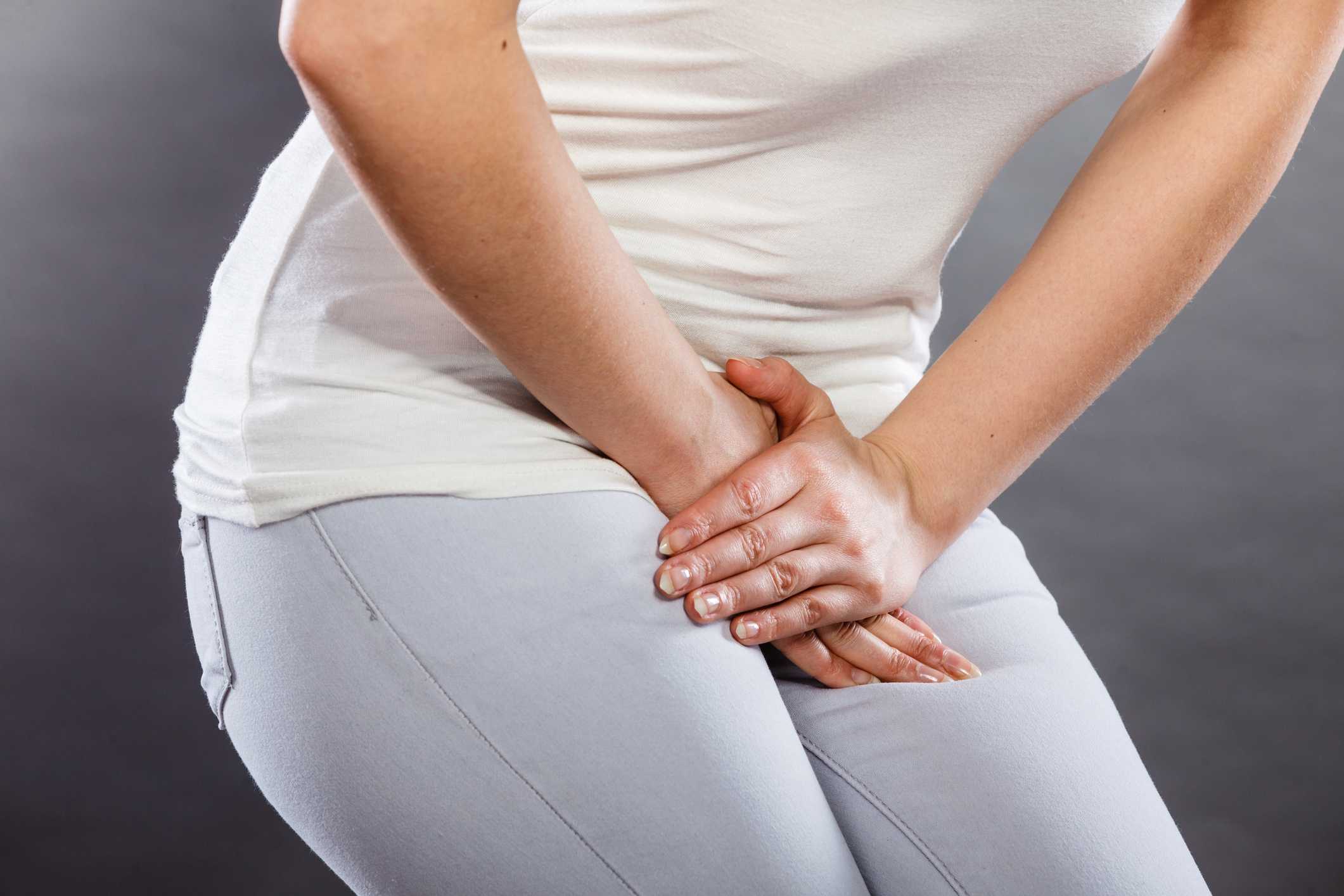It can be totally normal to wake up once or twice during the night to urinate, especially if you’re a light sleeper. But at what point does waking up frequently at night to pee signal a larger problem and what can you do about it? First, it’s important to ask yourself if you’re urinating small amounts frequently, or actually voiding a lot of urine each time you use the bathroom. If it’s the latter, it could be nocturnal polyuria.
Since it can be difficult to distinguish from similar conditions, we asked urologists all about nocturnal polyuria: how to recognize it, how it’s diagnosed, and how it can be treated.
What is nocturnal polyuria?
Polyuria, or frequent voiding due to a high volume of urine, affects many people with diabetes, heart or kidney conditions, and other common age-related conditions, according to S. Adam Ramin, MD, urologist and medical director of Urology Cancer Specialists in Los Angeles.
Nocturnal polyuria is a subset of polyuria, and it simply means voiding a high volume of urine in the nighttime or evening hours.
What causes nocturnal polyuria?
According to Dr. Ramin, many people with polyuria experience a high volume of urination in both the daytime and nighttime hours, but some will only experience it in the evening. “If you have polyuria during the daytime, you’ll have it at nighttime as well,” says Dr. Ramin, “however, there is a subset of people who only have nocturnal polyuria.”
This has to do with the position of our bodies as we sleep: the supine, or lying down, position often leads to any excess fluid being recycled back through the kidneys and turned into urine in a process called “third spacing,”
In other words, having an abnormally high amount of fluid in your body due to a health condition such as varicose veins means you may only experience polyuria in the evening simply because you’re lying down; Dr. Ellerkmann says the same thing can happen to people who spend hours every day on their feet.
The other causes of nocturnal polyuria are the same as they are for polyuria, since nocturnal polyuria doesn’t refer to a separate condition, only the timing of when you experience symptoms. Per the US National Library of Medicine and other experts, typical causes of nocturnal polyuria include:
- Type 1 or type 2 diabetes
- Diabetes insipidus
- Congestive heart failure
- Varicose veins
- Kidney disease
- Thyroid disease
Age also plays a big role in nocturnal polyuria, partly because of hormone changes and partly because of co-existing conditions that become more common as we age, Dr. Ramin explains. “Older men who have an enlarged prostate but also have cardiac problems, like hypertension, are likely to have nocturnal polyuria as well as polyuria, and women with overactive bladder may also have other conditions like diabetes, congestive heart failure, and varicose veins [that can cause nocturnal polyuria].”
On top of that, certain hormones begin to decrease as you get older; one in particular, called vasopressin, can lead to nocturnal polyuria.
Lastly, sleep disturbances particularly sleep apnea can contribute to the onset of nocturnal polyuria, says Dr. Ellerkmannn: “Obstructive sleep apnea may cause nocturnal polyuria by the release of atrial natriuretic peptide, a hormone that can cause the kidneys to make more urine.”
Nocturnal polyuria symptoms
Since nocturnal polyuria is a symptom of something else—like diabetes or kidney disease—it doesn’t come with a lot of its own symptoms. However, Drs. Ramin and Ellerkmann say you may want to discuss nocturnal polyuria with your doctor if you:
- wake up frequently at night to urinate, with “frequency” defined as more than twice per evening
- void substantial amounts of urine each time
- experience daytime polyuria
- take any medications that have a diuretic effect
have been diagnosed with any health conditions that cause excess amounts of fluid to build up or excess amounts of urine to be produced.
How is nocturnal polyuria diagnosed?
Nocturnal polyuria, or voiding a high urine volume at night, can be easily confused with nocturia, meaning frequent nighttime urination though your bladder isn’t actually full. That’s why it’s important to see a doctor who can help distinguish between the two conditions.
“Nocturnal polyuria should be differentiated from getting up at night because a person has overactive bladder,” Dr. Ellermann tells Health. “As a patient, if you’re up every hour to urinate, you need to figure out if it’s because you’re making more urine or simply getting up more frequently.”
The easiest way to do this is with a 24-hour voiding diary, or frequency-volume log, that measures not only how often you urinate but how much you urinate each time. Keeping an especially careful log in the evening can help your doctor hone in on or rule out nocturnal polyuria.
“Nocturnal polyuria is defined as overproduction of urine at night [when the] urine volume during the evening is greater than 33% of the [overall] 24-hour urine volume,” Dr. Ellerkmann explains.
Treatment options for nocturnal polyuria
You do have a couple of options when it comes to treating nocturnal polyuria. See your doctor. It’s important to know what’s causing your body to produce excess amounts of urine, but you may not be able to discern that for yourself.
A doctor should be able to identify the source of your problem; this can help reduce your symptoms and also determine what type of treatment you need. For example, if your nocturnal polyuria is caused by obstructive sleep apnea, there’s evidence to suggest that using a continuous positive airway pressure (CPAP) machine nightly can reduce your urination. If you take a diuretic, take it midday, instead of before bed.


